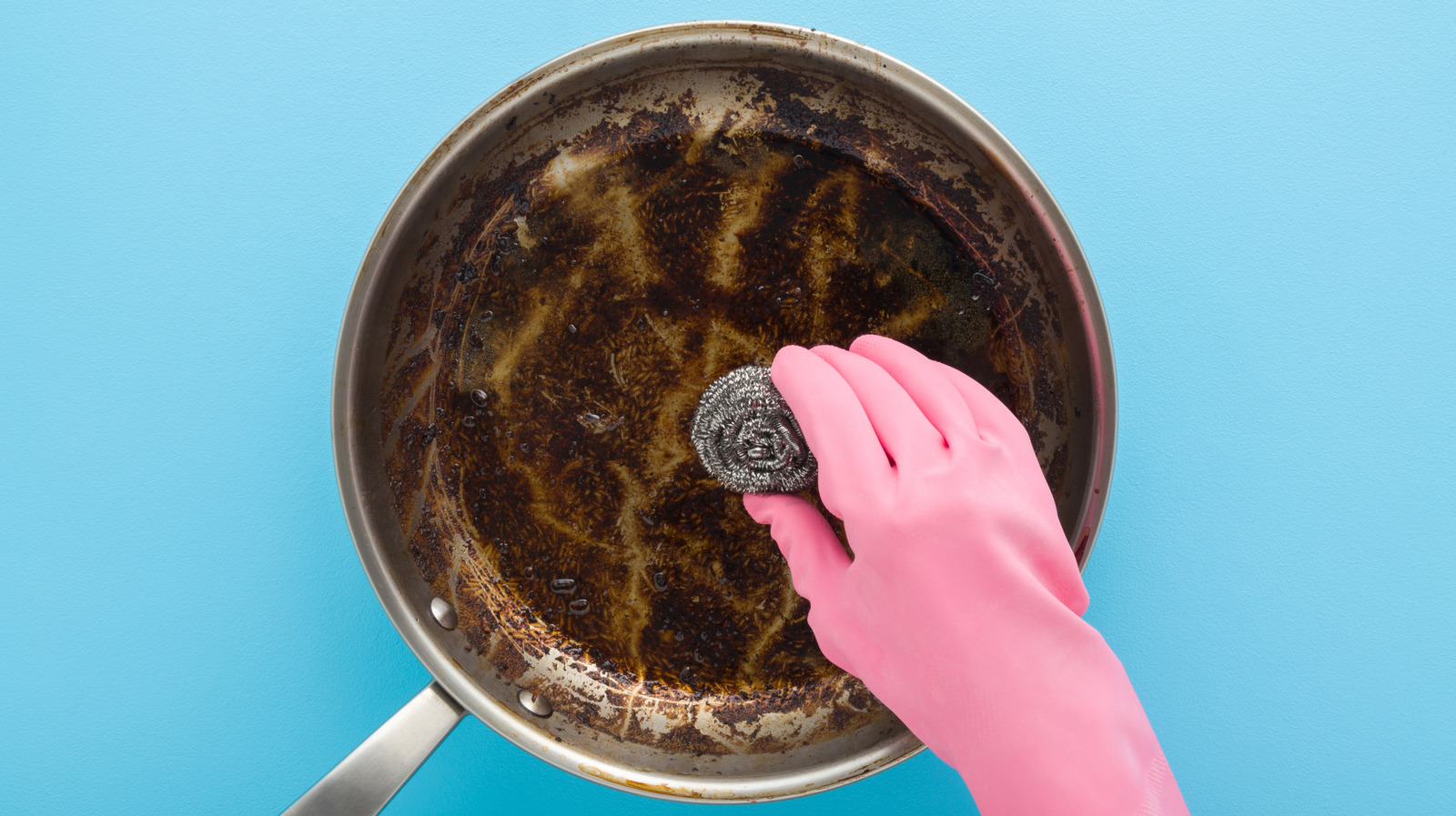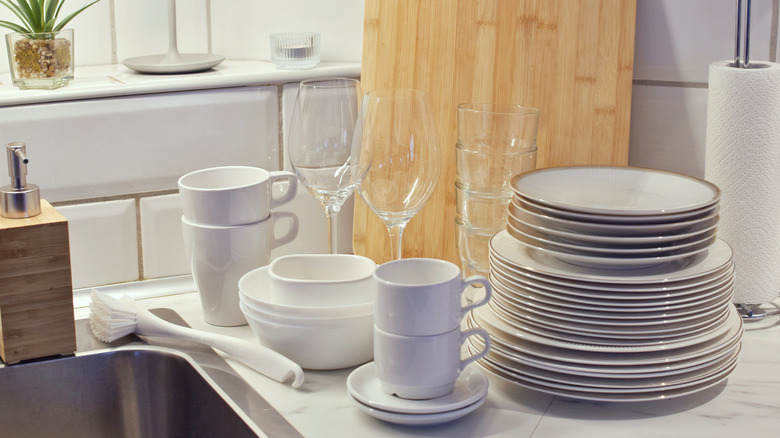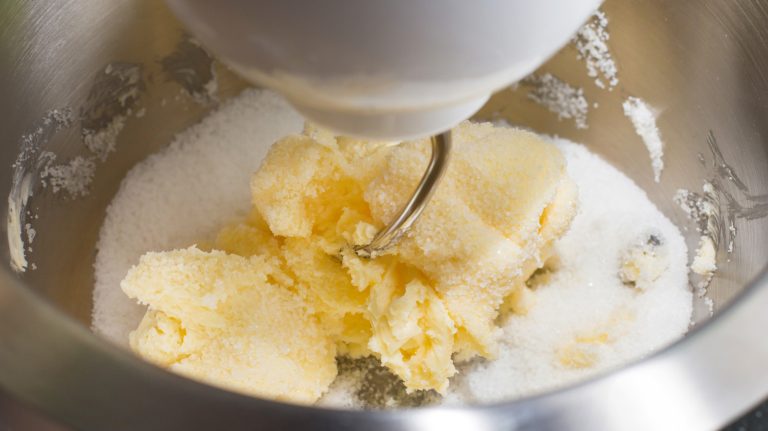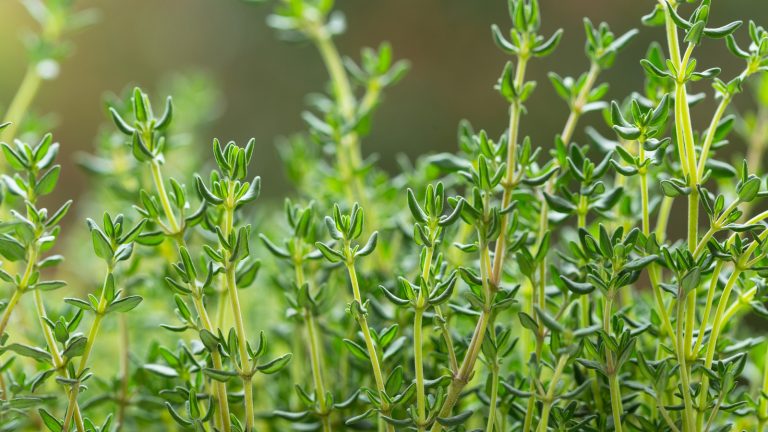Anyone who has washed a sink’s worth of pots and pans before knows the torture of tediously scrubbing off gunked-on sauces and grime from last night’s dinner. This chore alone is a major selling point that often leads people to choose nonstick cookware over any other surface. However, with some basic cleaning knowledge, you’ll find that a simple steel sponge is all you’ll need to make your pans shine like they did on day one.
Commonly referred to as steel wool, this abrasive material has been used for cleaning since the Victorian era. It wasn’t until the early 20th century that steel wool was mass-produced, after mechanics realized the material worked well for cleaning other metals. You might guess, this included aluminum pots and pans, and soon, the steel sponge became a common tool in kitchens everywhere.
The main concern with using abrasive steel is that you risk scratching the surface and potentially injuring yourself. However, both issues usually arise when using a bit too much elbow grease rather than letting the scrubber do the hard work and wearing rubber gloves while cleaning. To achieve shiny cookware, simply use a dab of dish soap and warm water, then finish by rinsing and drying the pot or pan with a microfiber towel to prevent wet spots. Notably, just as there’s a specific way to cook with stainless steel that will make it a nonstick surface, there’s a trick to minimize the risk of scratching it with a steel sponge: Simply use a finer grade.
Choosing the right steel sponge grade for your cleaning needs
Steel is rated by a number grade that represents how abrasive the material is. The grading system ranges from heavy duty (#4) to super fine (#0000). The higher the grade, the thicker the steel fibers, and the more abrasive the sponge. For cleaning cookware and dishes, you want to avoid any grade coarser than fine grade (#0). Anything above this grade is used for woodworking projects.
Although fine grade steel sponge can be used for your stainless steel cookware, it’s better reserved for cleaning harder surfaces or removing rust from your cast iron pan. For common cookware metals, such as stainless steel or aluminum, you’re going to want to use extra fine (#000), very fine (#00), or very carefully use fine grade (#0). As for glassware, you can use a super fine grade (#0000), which is made for delicate tasks. That said, you should avoid using any grade of steel sponge to clean nonstick surfaces, like Teflon, since the pot or pan’s coating can be easily scratched.
Advancements have been made to create stainless steel sponges with increased longevity. For instance, the coating prevents the sponge from rusting while still cutting through grime and other hard-to-clean gunk. However, steel wool should be thrown out once it begins to wear and leave behind metal shavings. Provided that you take the necessary precautions, steel sponges can be used for a number of tasks from cleaning delicate glassware to easily cleaning stainless steel pans.






